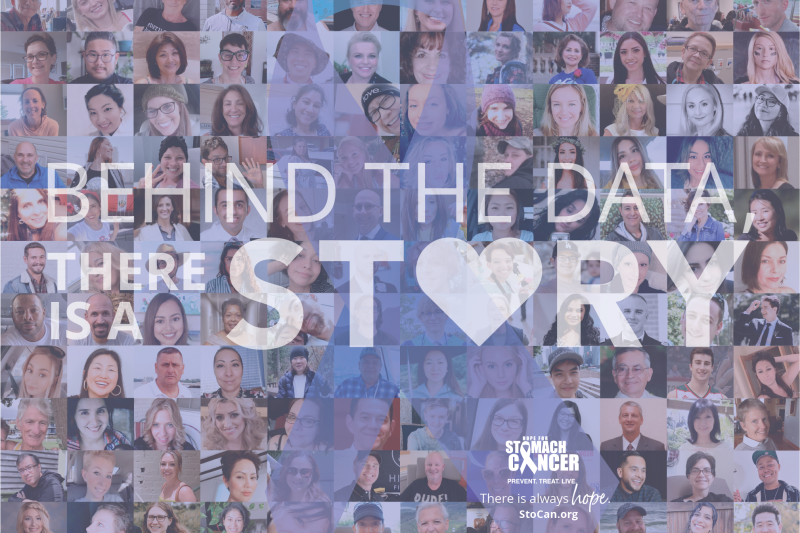PUBLISHED: 15th September 2025

by Aki Smith
When my father was diagnosed with stomach cancer, I quickly learned how isolating and overwhelming this disease can be. That experience inspired me to start Hope for Stomach Cancer, a national nonprofit dedicated to providing education, resources and support to patients, caregivers and families affected by this devastating disease.
Our mission is to empower the stomach cancer community through advocacy, research and patient support programs. We envision a future where patients and families are not only supported in their care but also heard in the conversations that shape prevention, detection and treatment.
Why This Partnership Matters
Stomach cancer is a complex disease. While some cases are linked to hereditary factors, such as CTNNA1, CDH1 and BRCA mutations, most occur without a genetic explanation. Families facing hereditary risk often go from healthy to a cancer diagnosis without warning, and too often, it takes the loss of a loved one before genetic testing uncovers the underlying cause.
This issue is deeply personal for me. My father and two of his brothers were diagnosed with stomach cancer, and one of them passed away from it. Despite this strong family history, our cases are not hereditary—showing just how unpredictable this disease can be.
This is why our partnership with FORCE is so meaningful. Together, we can amplify hereditary risk stories while also shining a light on the many families who don’t fit into neat and known categories. By sharing these narratives, we can help ensure families have the knowledge and resources they need before cancer strikes.
30 Stories in 30 Days
During Stomach Cancer Awareness Month each November, we share a new patient or caregiver story every day with our 30 Stories in 30 Days campaign. These narratives highlight the diversity of our community—patients diagnosed at all stages, caregivers walking alongside them and survivors charting a new path forward.
Some of these stories come from families with hereditary mutations. Patients like Greg, Priscilla and others remind us that hereditary risk may be rare in stomach cancer, but its impact is profound. By sharing their journeys, we not only raise awareness but also emphasize the importance of how they were diagnosed, the treatments they pursued and the hope they carry for the future.
Looking Ahead
Beyond awareness campaigns, our organization is actively shaping the future of stomach cancer advocacy and research. Our Patient Empowerment Summits bring together patients, caregivers, clinicians and researchers to share education and survivorship strategies. In March 2026, we’ll host our next summit in Washington, D.C., alongside our Advocacy Day on Capitol Hill, where we will rally support for the Stomach Cancer Prevention and Early Detection Act (H.R. 9304).
We also work closely with research institutions and advocacy partners to advance biomarker education and highlight the patient voice in efforts to improve detection and treatment.
About the Author
Aki Smith is the Founder and Executive Director of Hope for Stomach Cancer. Inspired by her father’s diagnosis, she launched the nonprofit in 2016 to bridge the gap between research and patient care. Aki serves as a patient advocate on multiple national research teams and policy coalitions. Her work centers on empowering families through education, advocacy and hope.
POSTED IN: Genetic Testing , Hereditary Cancer - General , Decision Making , Partnerships , Featured Partner
TAGS: Hereditary Cancer , Cancer Prevention , Patient Advocacy , Medical Decisions , Coping With Risk , CDH1 , Stomach Cancer